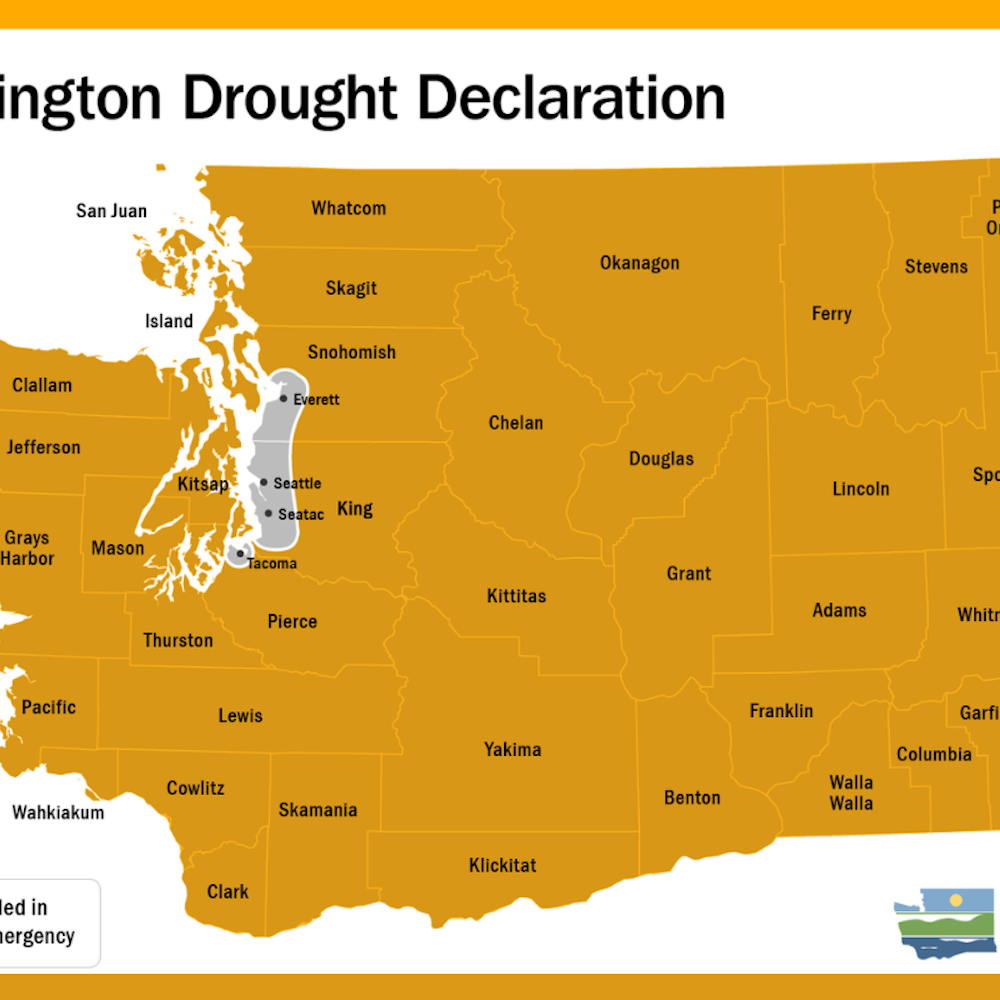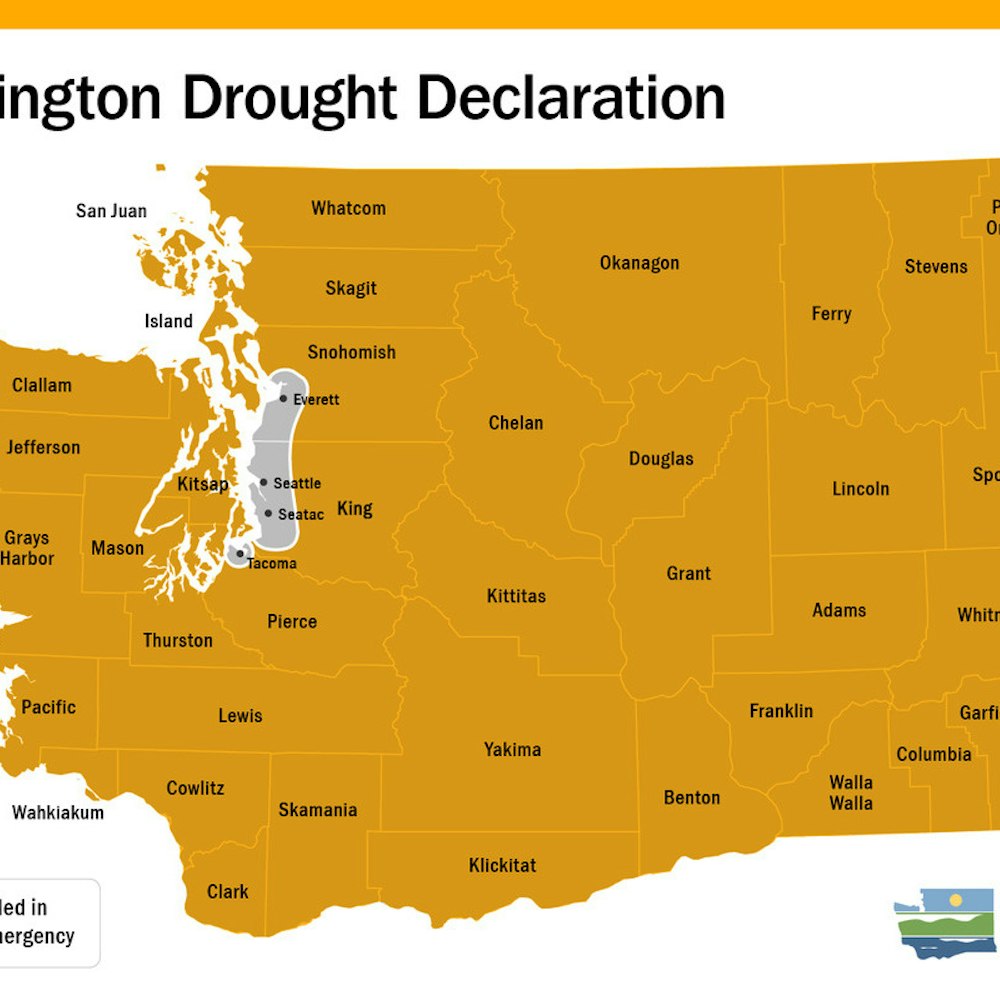![Because no one needs to know your personal data [Sponsored]](https://img.hoodline.com/uploads/story/image/594512/privacy-hoodline.jpg?max-h=442&w=760&fit=crop&crop=faces,center)
Data privacy scandals have hit an all-time high — affecting internet service providers (ISPs) like AT&T, Comcast, and Verizon, as well as “Big Tech” companies like Facebook, Google and Apple.
According to new research, there were more than 3,800 data breaches in the U.S. in the first half of 2019 alone, exposing 4.1 billion customer records. Eight of those breaches were responsible for more than three-quarters of the compromised records, showing the danger of just a single breach.
Outside of breaches, there’s more concern than ever about companies using consumers' data without their consent. This year, Senators called on the federal government to investigate big ISPs for selling customer data for profit.
The public outcry has resulted in the passage of new laws across the globe — and California is no exception. In 2020, the California Consumer Privacy Act (CCPA) will officially go into effect, forcing companies to prioritize the protection of user data. Yet there's still no check on how internet providers and Big Tech companies handle violations of online privacy.
The sheer volume of privacy breaches can make it difficult to trust any company — let alone an internet company — as uncertainty grows over who or what can access your personal data. Luckily for Bay Area residents, there’s a local ISP that you can rely on to protect your information: Sonic.
Sonic has been putting customers' privacy first since the beginning.
They refuse to sell customer data.
They never voluntarily provide government or law enforcement with access to any data about users for surveillance purposes.
They minimize data retention, keeping data for no more than two weeks.
They earn a perfect "Who Has Your Back?" score from the nonprofit Electronic Frontier Foundation, year after year.
Sonic’s customers can attest to the peace of mind that comes with being a Sonic member.
“I stay with Sonic for not only their awesome customer service, but also their dedication to the privacy of their members and an open internet,” says Brendan Coen, a Sebastopol-based realtor.
And on Twitter, soon-to-be Sonic customer Susanna Schick (@pinkyracr) called proposed state legislature around privacy and tech "quite timely, considering me and most of San Mateo are all switching toSonic to get not only kick-ass fiber internet, but also privacy and respect for our data."
Not a Sonic customer yet? There are still some simple actions you can take right now to protect your data online:
Use a password manager and robust passwords. “Password123” just won’t do anymore.
Enable two-factor authentication on your accounts.
Use private browsing modes to surf the web.
Beware of phishing or spam emails. Even if an email looks legit, exercise caution when opening links, and beware of inputting sensitive information on associated landing pages.
Use a VPN, or virtual private network, especially when surfing on public wifi or networks you don’t trust. Sonic offers a free VPN to customers!
Cover your webcam, to prevent cybercriminals from spying. Follow Sonic on Instagram before October 15th, 2019, share your thoughts on privacy in the comments on this post, and they'll mail you one for free!
To switch to an ISP that actually wants to protect your privacy, you can sign up for Sonic here.









